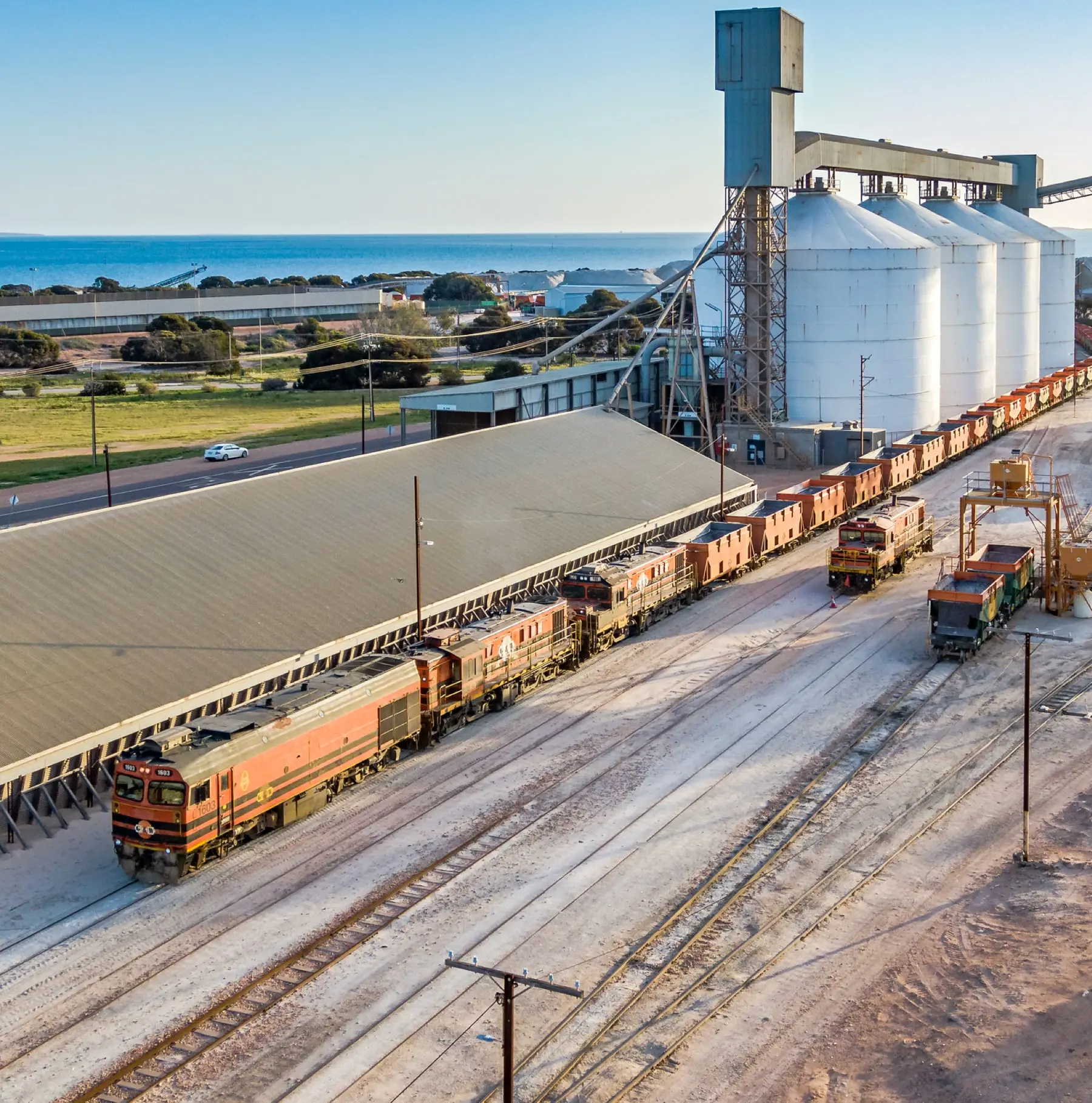In the railroad industry, maintaining compliance with Federal Railroad Administration (FRA) regulations is not just a bureaucratic formality; it is a critical aspect of ensuring safety, operational efficiency, and financial stability. Failure to adhere to these regulations can result in severe penalties, operational disruptions, and even catastrophic accidents. Let’s explore the various costs associated with FRA non-compliance and offer solutions to mitigate these risks, including the use of comprehensive software tools like trackAsset.
The Financial Impact of FRA Non-Compliance
Non-compliance with FRA regulations can lead to substantial financial penalties. According to the Federal Railroad Administration, violations of safety regulations can result in fines ranging from $3,000 to $25,000 per day for each infraction. In cases where violations are deemed willful, penalties can escalate to as much as $105,000 per incident. These fines can quickly add up, especially for rail operators with extensive networks and numerous inspections to manage.
Moreover, beyond direct fines, non-compliance can have hidden financial costs. The Association of American Railroads (AAR) reports that unplanned downtime due to non-compliance-related issues can cost a freight operator up to $1,000 per hour, considering lost revenue and additional labor costs. For larger rail networks, these unplanned stoppages can result in millions of dollars in lost productivity annually.
Operational Disruptions and Downtime
Non-compliance isn’t just about fines; it also has significant operational repercussions. When railroads fail to meet FRA standards, they often face mandatory shutdowns or restricted operations until the necessary repairs or inspections are completed. According to a study by the Transportation Research Board, the average rail operator experiences 8-10 days of operational downtime annually due to compliance-related issues. Each day of downtime not only disrupts schedules but also erodes customer trust and satisfaction, potentially leading to the loss of contracts and future business.

Safety Risks and Liability
Safety is paramount in the rail industry, and non-compliance directly threatens this critical priority. FRA regulations are designed to minimize the risk of accidents, derailments, and other incidents that can result in injury, loss of life, and significant property damage. The National Transportation Safety Board (NTSB) has found that 30% of rail accidents in the past decade were linked to non-compliance with FRA safety standards, resulting in billions of dollars in damages and hundreds of fatalities.
When accidents occur due to non-compliance, rail operators face substantial liability costs. In 2020, a single derailment linked to a compliance failure resulted in a $7 million settlement. Such incidents also increase insurance premiums, further inflating operational costs. The long-term reputational damage can be equally detrimental, as companies seen as neglectful in safety are less likely to win new contracts or retain existing ones.
Regulatory Scrutiny and Increased Inspections
FRA non-compliance often triggers heightened scrutiny from regulatory bodies. Companies with repeated violations may face more frequent inspections, increased regulatory oversight, and more stringent reporting requirements. The additional time and resources spent preparing for and managing these inspections can strain already tight budgets and divert attention from core operational activities.
The Ripple Effect: Impact on the Entire Supply Chain
Non-compliance affects not just the railroad operator but also the entire supply chain. Delays and disruptions in rail services can cascade throughout the logistics network, impacting shippers, manufacturers, and end customers. A report by the Council of Supply Chain Management Professionals indicates that rail-related disruptions can increase supply chain costs by 15-20%, with ripple effects felt across multiple industries, from agriculture to automotive manufacturing.
